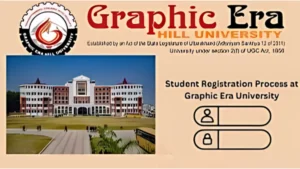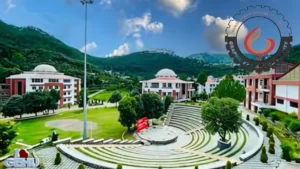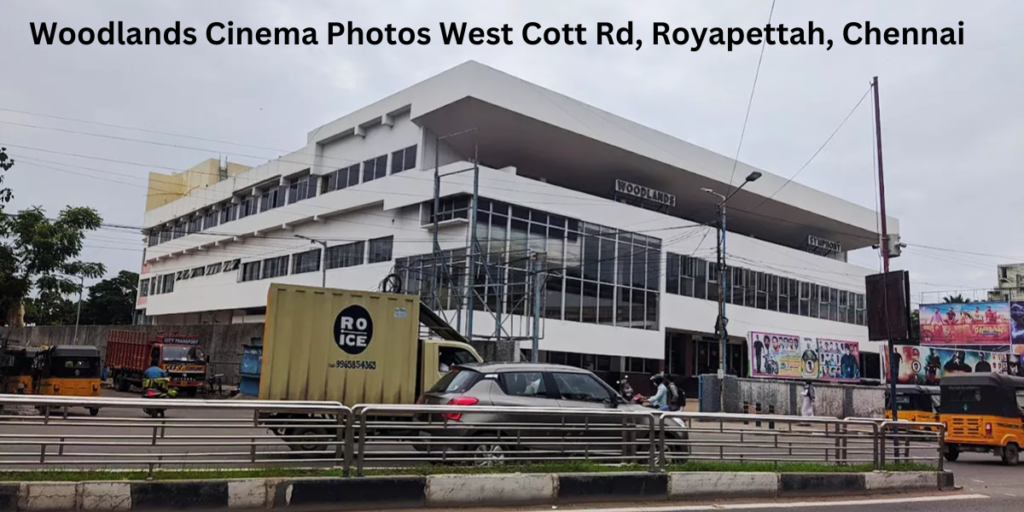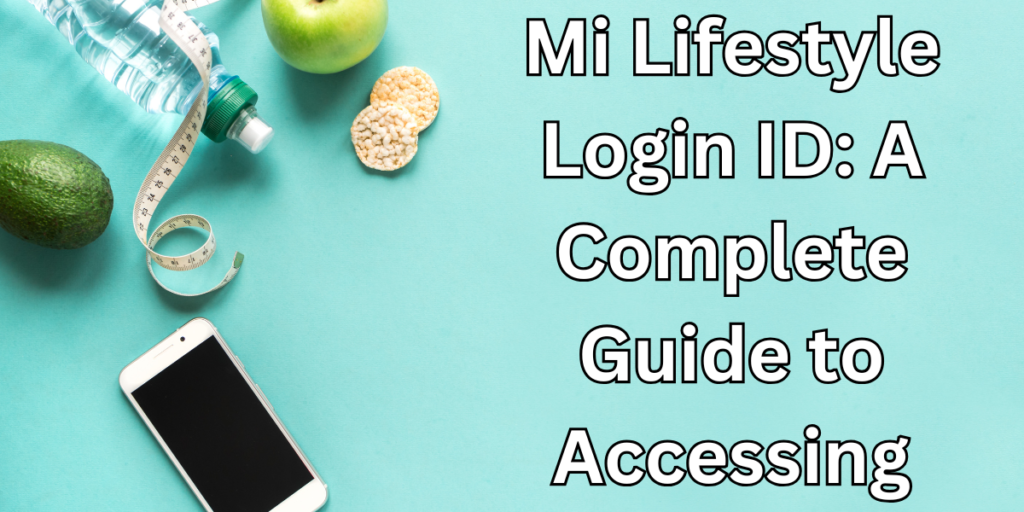In today’s interconnected world, the pursuit of education has transcended borders, with students increasingly seeking opportunities to study abroad. Open house events for international students are pivotal in this journey, providing a window into the academic, cultural, and social landscapes of prospective institutions. These events are designed to help students make informed decisions about their education and future careers. This article delves into the significance of open house for international students, the benefits they offer, and how international students can make the most of these opportunities.
The Importance of Open House Events
Open house for international students events are structured to give prospective students a comprehensive overview of what an institution offers. For international students, these events are particularly valuable as they offer:
- First-Hand Experience: Open houses provide a unique opportunity to experience the campus environment, facilities, and resources firsthand. This experience is invaluable in helping students gauge whether the institution meets their expectations and needs.
- Direct Interaction: Students can interact with faculty, current students, and administrative staff. These interactions can provide insights into the academic rigour, student life, and support services available at the institution.
- Detailed Information: Open house events typically include presentations and tours that cover various aspects of the institution, including academic programs, admission requirements, financial aid options, and extracurricular activities.
- Networking Opportunities: Attending these events allows students to connect with peers who are also considering studying abroad. These connections can lead to lasting friendships and support networks.
Benefits of Attending Open House Events
- Understanding the Academic Environment: Open house events provide detailed information about academic programs, teaching methodologies, and research opportunities. Students can attend sample lectures, participate in workshops, and meet professors, gaining a clear understanding of the academic environment.
- Exploring Campus Facilities: Campus tours during open houses showcase facilities such as libraries, laboratories, dormitories, sports complexes, and student centres. Seeing these facilities helps students assess the resources available to support their academic and personal growth.
- Learning About Student Life: Open houses often include sessions on student clubs, organisations, and extracurricular activities. Understanding student life beyond academics is crucial for international students to envision their overall experience at the institution.
- Assessing Support Services: Institutions often highlight their support services during open houses, including international student offices, career counselling, health services, and mental health support. These services are essential for international students adjusting to a new environment.
- Financial Planning: Many open house events provide information on scholarships, grants, and financial aid options for international students. This information is vital for students and their families to plan financially for studying abroad.
Preparing for Open House Events
- Research Institutions: Before attending an open house, research the institutions you are interested in. Understand their programs, campus culture, and unique offerings to make the most of your visit.
- Register in Advance: Many open house events require prior registration. Ensure you register early to secure your spot and receive any preparatory materials the institution may provide.
- Prepare Questions: Come prepared with questions to ask faculty, current students, and administrative staff. This preparation will help you gather specific information relevant to your interests and concerns.
- Plan Your Visit: If the open house is in person, plan your visit, including travel arrangements, accommodation, and a schedule for attending different sessions and tours.
- Virtual Participation: If you cannot attend in person, many institutions offer virtual open house events. Ensure you have a stable internet connection and familiarize yourself with the virtual platform being used.
Making the Most of Open House Events
- Attend Information Sessions: Participate in information sessions about academic programs, admission processes, and financial aid. These sessions are often led by faculty and admissions officers who can provide in-depth information.
- Engage with Current Students: Speaking with current students can give you a realistic perspective on student life, challenges, and opportunities. Ask about their experiences, what they love about the institution and any advice they have for prospective students.
- Explore Campus Resources: Take the time to explore libraries, laboratories, student centres, and other campus facilities. Assessing these resources can help you determine if the institution can support your academic and personal needs.
- Connect with Admissions Staff: Building a relationship with admissions staff can be beneficial. They can provide personalized guidance on the application process and keep you informed about deadlines and requirements.
- Take Notes: With so much information being presented, it’s easy to forget details. Take notes during sessions and tours to review later and help in making an informed decision.
- Evaluate Fit: Reflect on your experiences and the information gathered. Consider whether the institution aligns with your academic goals, personal interests, and career aspirations.
Challenges and Solutions
- Cultural Differences: Navigating cultural differences can be challenging. Take advantage of sessions on cultural adjustment and seek advice from current international students.
- Language Barriers: Language can be a barrier for some students. Many institutions offer language support services and ESL (English as a Second Language) programs to help improve proficiency.
- Financial Constraints: Studying abroad can be expensive. Explore all available financial aid options and consider institutions in countries with lower living costs or favourable exchange rates.
- Visa and Immigration: Understanding visa and immigration processes is crucial. Institutions often guide on these matters during open houses, and many have dedicated staff to assist international students.
Post-Event Follow-Up
- Review Information: After the open house, review the information you gathered. Compare notes from different institutions to weigh your options.
- Stay Connected: Follow up with any contacts you made, such as admissions officers or current students. This ongoing communication can be helpful during the application process.
- Visit Again if Possible: If you are still unsure, consider visiting the campus again or attending additional virtual sessions. Multiple visits can provide a clearer picture and help in making a final decision.
- Apply Early: Once you have decided on your preferred institutions, begin the application process early. Ensure you meet all deadlines and submit all required documents.
Conclusion
Open house events for international students are a gateway to discovering global educational opportunities. They offer a wealth of information and experiences that are crucial for making informed decisions about studying abroad. By preparing effectively, engaging actively during the events, and following up afterwards, international students can maximise the benefits of these events and set themselves on a path to academic success and personal growth. Embracing the opportunities presented by open house events can lead to a rewarding educational journey and a bright future.
Read for more blogs: https://thepulsepointpro.com/








